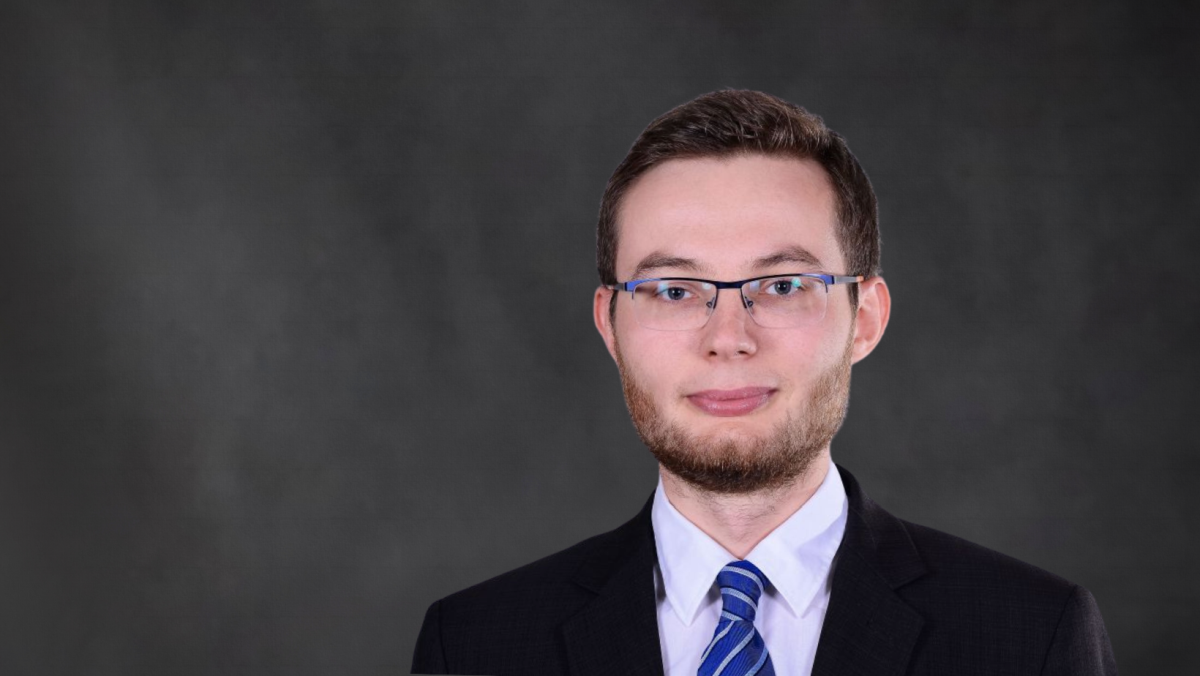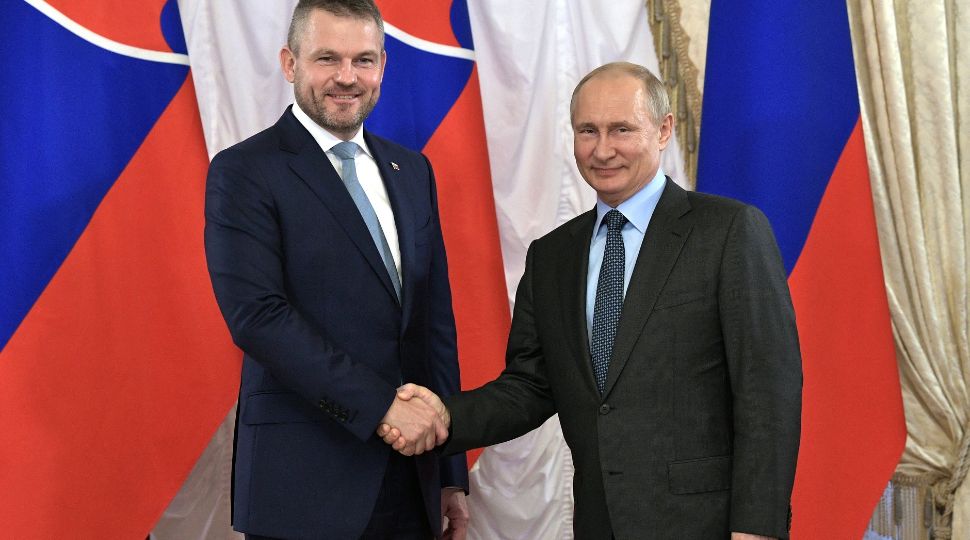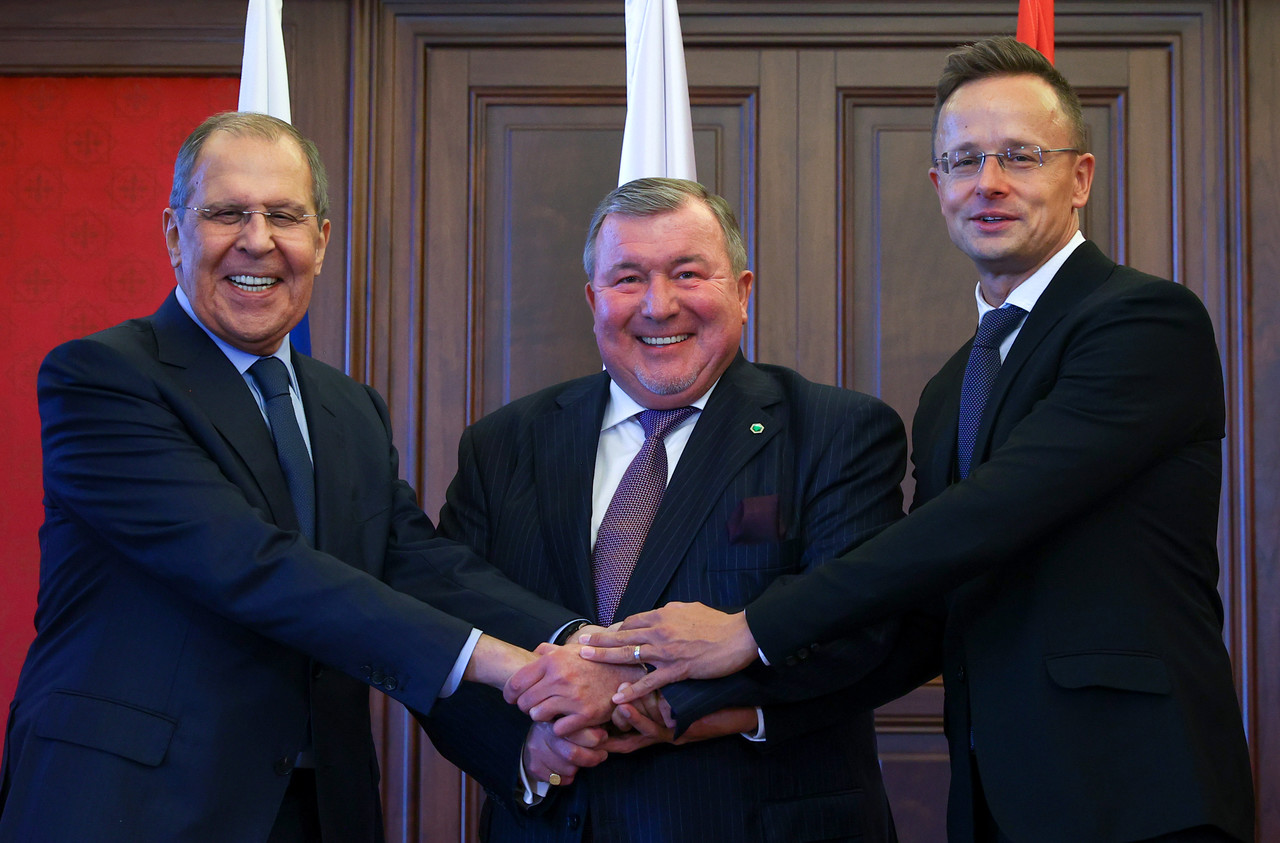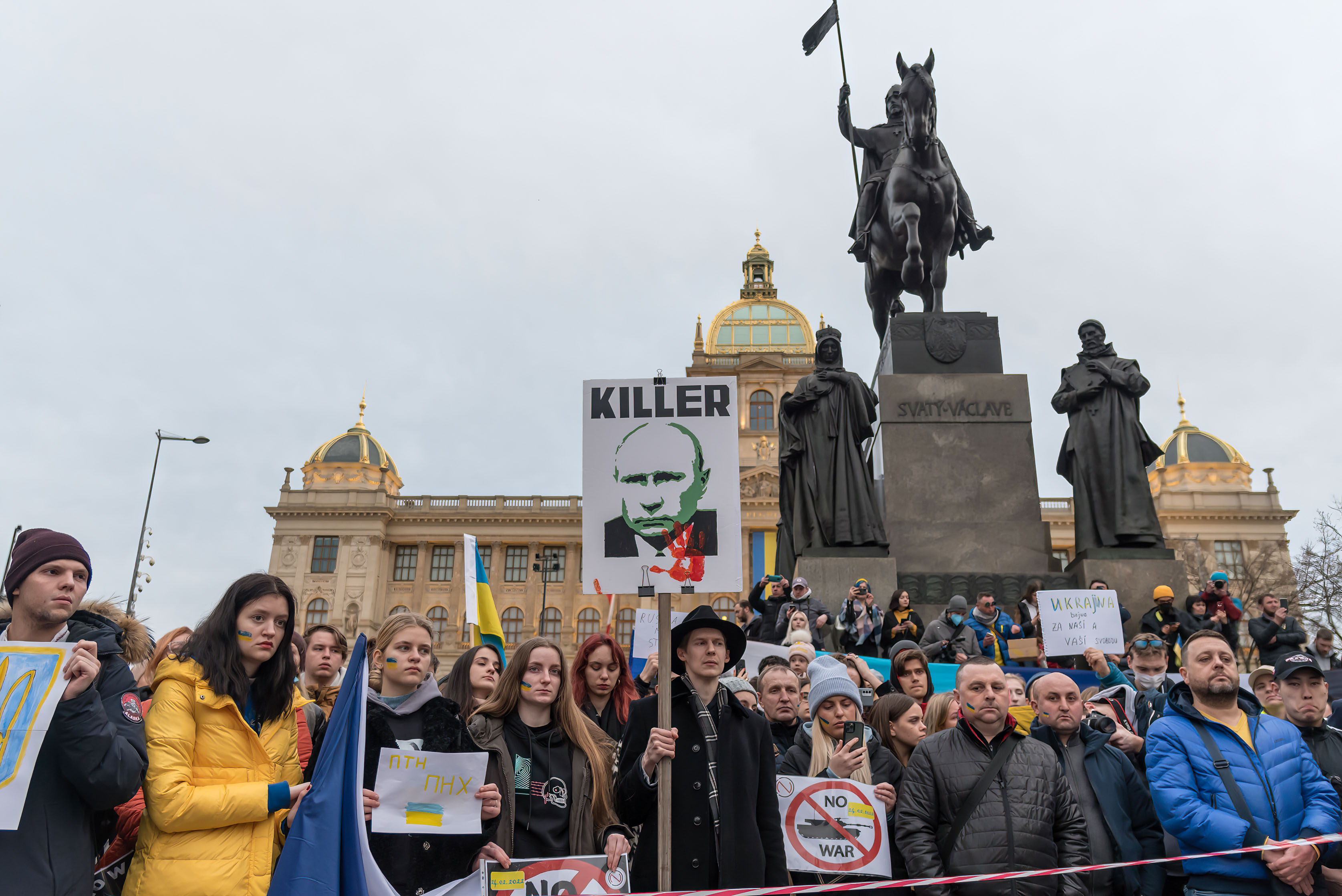Slovakia's Response to the Russian Invasion of Ukraine
In the face of Russia’s invasion of Ukraine, Slovakia has supported its neighbour diplomatically with humanitarian aid and military resources. The war in the country next door, particularly the inflow of refugees, is a logistical challenge for the Slovak authorities as well as politically because of ongoing internal disputes. However, it represents another political and social breakthrough in terms of defining Slovakia’s national security and the perception of Russia in the country.
 RADOVAN STOKLASA/Reuters/Forum
RADOVAN STOKLASA/Reuters/Forum
What was Slovakia’s reaction to the Russian invasion?
The Slovak authorities, represented by President Zuzana Čaputová and the government of the right-wing coalition of four parties, unequivocally condemned Russia’s actions towards Ukraine. Prime Minister Eduard Heger spoke out for the economic isolation of Russia, supporting EU sanctions, including the exclusion of Russian banks from the SWIFT system. At the same time, the Slovak government is calling for an end to the war and has reinforced this appeal by proposing that Ukrainian-Russian peace negotiations take place in Bratislava. This idea was also approved by some of the pro-Russia opposition politicians. The president of Slovakia was among eight presidents of Central and Eastern European states, who, in an open letter dated 28 February, supported Ukraine’s request to join the EU. Slovakia, like Hungary, did not close its airspace to Russian aircraft on its own, but did so on 27 February on a decision by the entire EU.
How is Slovakia helping Ukraine?
Immediately before the Russian attack, Slovakia provided Ukraine with two of its Božena 5 de-mining systems and medical supplies. The invasion of Russia prompted the Heger government to provide military aid, including artillery ammunition, diesel, and aviation fuel. As an EU state bordering Ukraine (along with Poland, Hungary, and Romania), Slovakia now faces the challenge of the mass arrival of refugees—since the invasion on 24 February to 6 March, more than 113,000 people have crossed the Slovak-Ukrainian border. Like in the other V4 countries, the refugees were given free rail transport. According to Ministry of Finance announcements, residents who accommodate refugees from Ukraine will receive a special allowance of about €200 per month per adult and about €100 euros per child.
What is Slovakia’s approach to multilateral actions against Russia?
Russia’s invasion of Ukraine has motivated the Slovak authorities to actively participate in collective actions within the EU and NATO. On the day the war began, at the request of Slovakia and some NATO members, including Poland, consultations of the North Atlantic Council were held pursuant to Art. 4. of the North Atlantic Treaty. As part of the EU coordination activities (a meeting on 3 March in Bratislava), Heger discussed with European Commission President Ursula von der Leyen about EU humanitarian support and possible further sanctions against Russia, including in energy. Slovakia also participates in regional initiatives for Ukraine. On 8 March, Visegrad Group prime minister met with UK Prime Minister Boris Johnson. The foreign ministers of Slovakia, Czechia, and Austria (Slavkov Triangle countries) had jointly visited Kyiv and Donbas before the invasion, on 7-8 February.
What does the Russo-Ukrainian war mean for Slovakia’s security?
War in a neighbouring country prompted the Slovak authorities to accept a battle group to strengthen NATO’s Eastern Flank. It will include, among others, armed forces from Poland, Czechia, and Germany. Until now, the reluctance of Slovaks and the polarisation of the public debate, among others, had kept the Slovak authorities from accepting the stationing of allied troops. The resistance was particularly visible at the beginning of this year when Slovakia and the U.S. concluded a defence agreement regulating, among others, the Americans’ use of the Malacky-Kuchyňa and Sliač military airports. Its entry into force was preceded by parliamentary disputes, including public protests and demonstrations convened by the opposition. In January 2021, the government of the right-wing coalition adopted the country’s new security and defence strategies. In it, they define Russia as a source of challenges, which was breakthrough wording in Slovak strategic documents. Russia’s invasion may now push the public to perceive the country as a threat, and so it is probable that Russia will be defined as such in subsequent Slovak government documents.





